In a world where natural resources are increasingly scarce, saving water is not just an economic necessity but also an environmental responsibility. Conserving water can have a significant impact on both your wallet and the planet when done correctly. Below is a comprehensive guide filled with practical tips to help you save water in your home or business, along with some innovative ideas that can make a real difference.
1. Understand Your Water Usage
The first step in saving water is understanding how much you are using. Many people underestimate their daily water consumption. Start by reviewing your water bill to identify your monthly usage. Use tools like water meters to monitor usage in real-time. With this data, set realistic goals to reduce consumption and track your progress.
2. Upgrade Your Fixtures: Small Changes, Big Savings
Updating your home’s plumbing fixtures can be one of the most effective ways to cut down on water use. Install faucet aerators, low-flow showerheads, and dual-flush toilets to reduce water consumption by 30-50%. These devices mix air with water, maintaining water pressure while using less.
Example: Replacing a standard showerhead with a low-flow model can save up to 1,800 gallons (7,000 liters) of water per year per person.
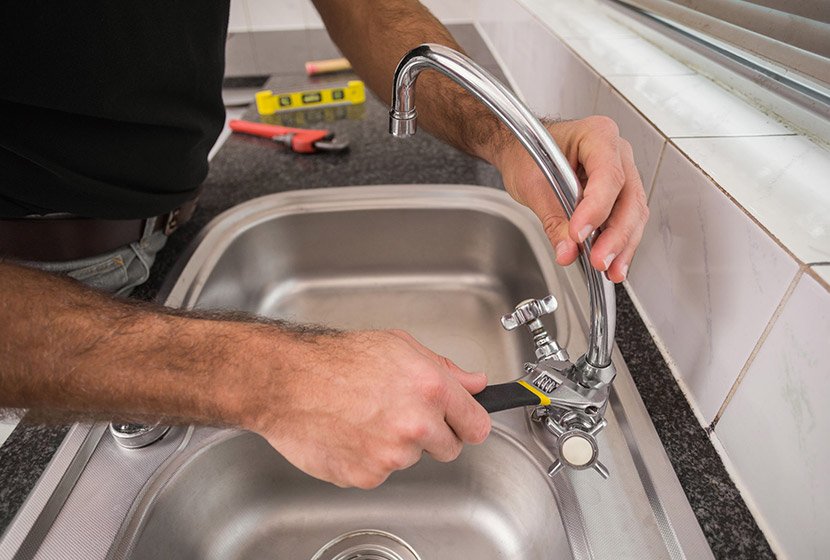
3. Reuse Water: Give It a Second Life
Consider reusing gray water, which comes from sinks, showers, and washing machines, for watering plants or cleaning outdoor areas. Gray water reuse systems can filter and distribute this water for gardens or even toilet tanks.
Alternative: If installing a gray water system is not feasible, collect water in a bucket while waiting for the shower to heat up and use it to water plants or clean floors.
4. Detect and Fix Leaks: The Silent Water Wasters
Leaks in faucets and pipes may seem small but can lead to substantial water waste over time. A dripping faucet can waste over 3,000 gallons (11,000 liters) of water a year. Conduct regular inspections and repair any leaks immediately.
Tip: To detect leaks, check your water meter before and after a two-hour period when no water is used. If the meter reading changes, you likely have a leak.
5. Optimize Dishwasher and Washing Machine Use: Efficiency Matters
Dishwashers and washing machines are major water consumers. Use them only with full loads, and choose models with water-saving settings to minimize water use per cycle.
Importance: Running the washing machine on short, cold cycles not only saves water but also reduces energy consumption—an all-around win for the environment and your utility bill.
6. Create Sustainable Gardens: Eco-Friendly Beauty
Outdoor irrigation accounts for a large portion of home water use, especially in homes with extensive gardens. Choose native or drought-resistant plants that require less water. Install drip irrigation systems and collect rainwater for irrigation to maintain a beautiful garden without wasting water.
Example: Replacing grass with succulents or aromatic herbs reduces water usage while adding aesthetic and practical value to your garden.
7. Adopt Smart Habits: Small Changes, Big Impact
In addition to infrastructure upgrades, simple habit changes can significantly impact water usage:
- Turn off the tap while brushing your teeth to save up to 4 gallons (15 liters) of water daily.
- Take shorter showers: A 5-minute shower uses much less water than filling a bathtub.
- Water plants early in the morning or late in the evening to reduce evaporation and maximize water absorption.
8. Engage the Family: Make Water Conservation a Team Effort
Water conservation is more effective when the entire family participates. Foster a culture of saving water by educating everyone about its importance and setting shared goals.
Dynamic: Turn water-saving into a fun family game by setting monthly challenges to reduce water consumption and rewarding the family when goals are met.
Beyond Saving: Why Water Conservation Matters
Saving water is about more than just cutting costs or protecting the environment—it’s about contributing to global well-being. With growing water demand and dwindling resources, every drop saved counts. By implementing these tips, you improve your home’s efficiency and promote sustainability.
Water is a precious resource, and its conservation should be a priority for everyone. Don’t wait for water shortages to force change—start making small adjustments today that can make a significant difference tomorrow.

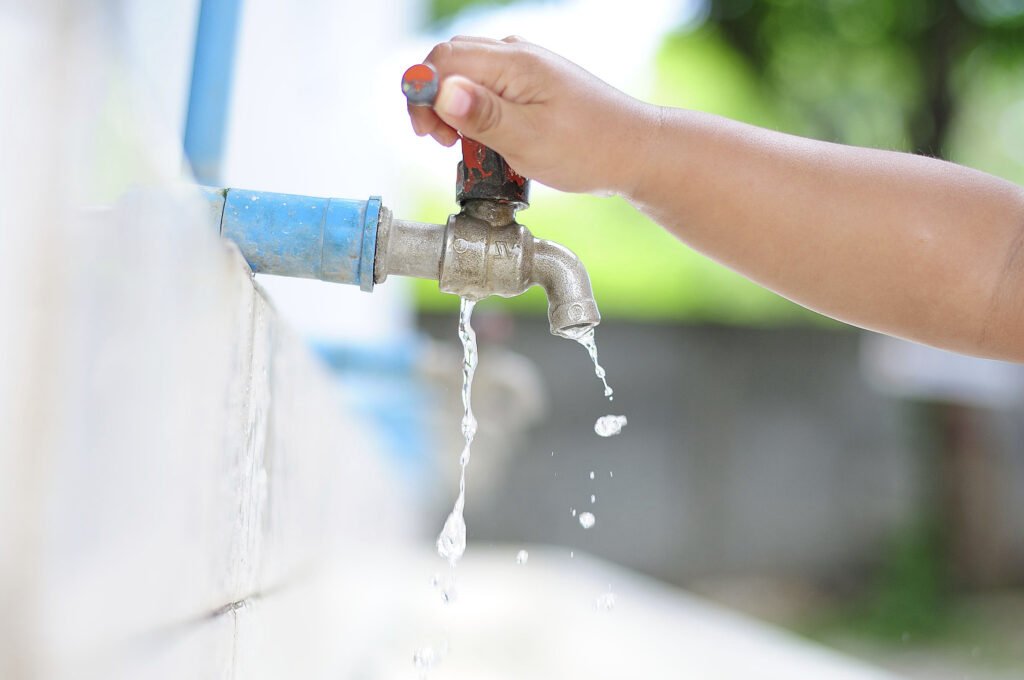
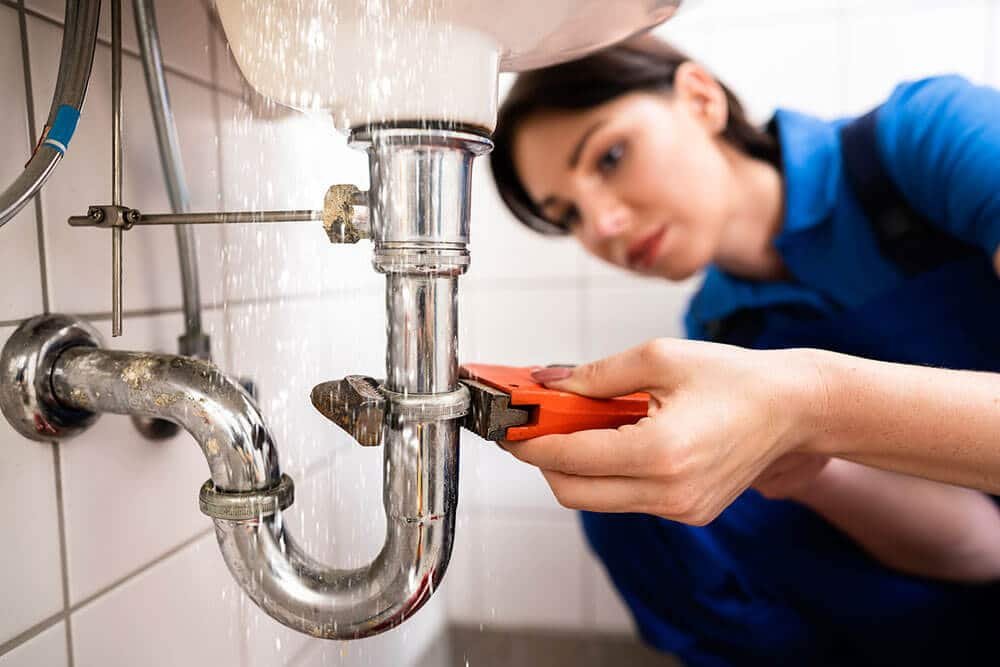
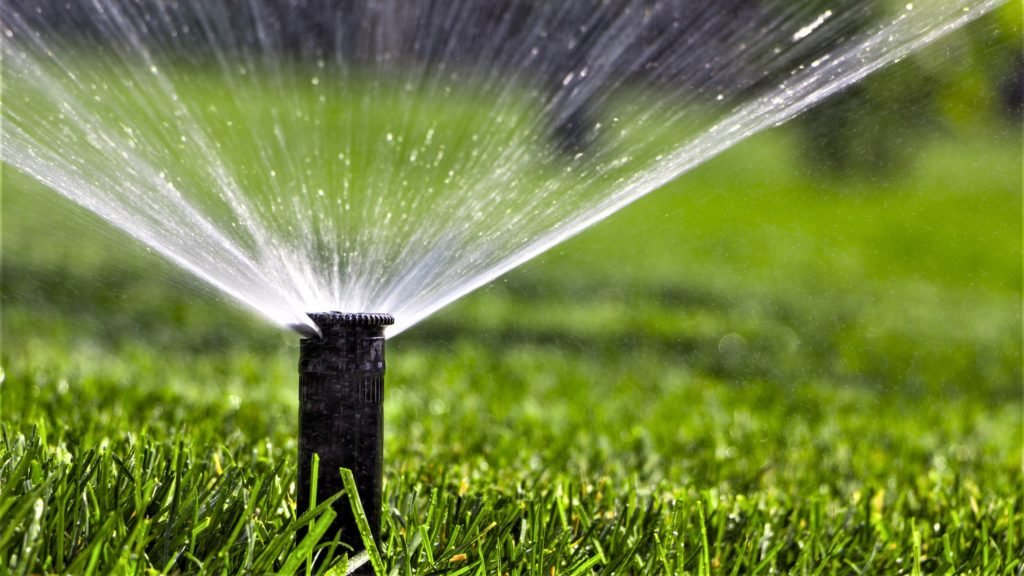


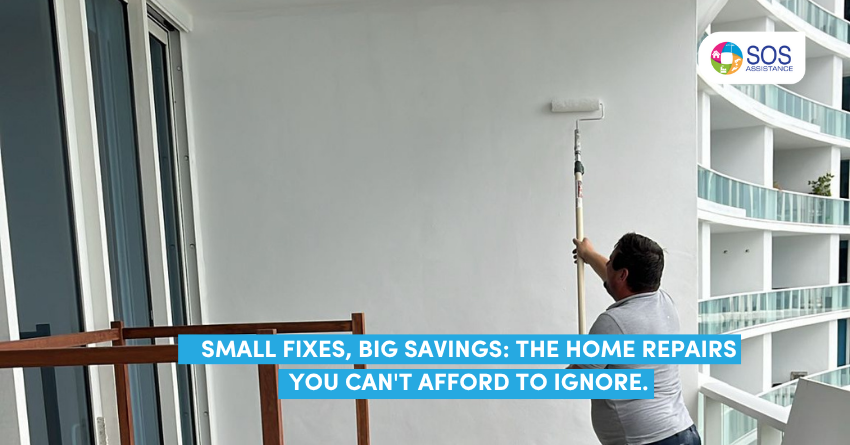



Leave A Comment